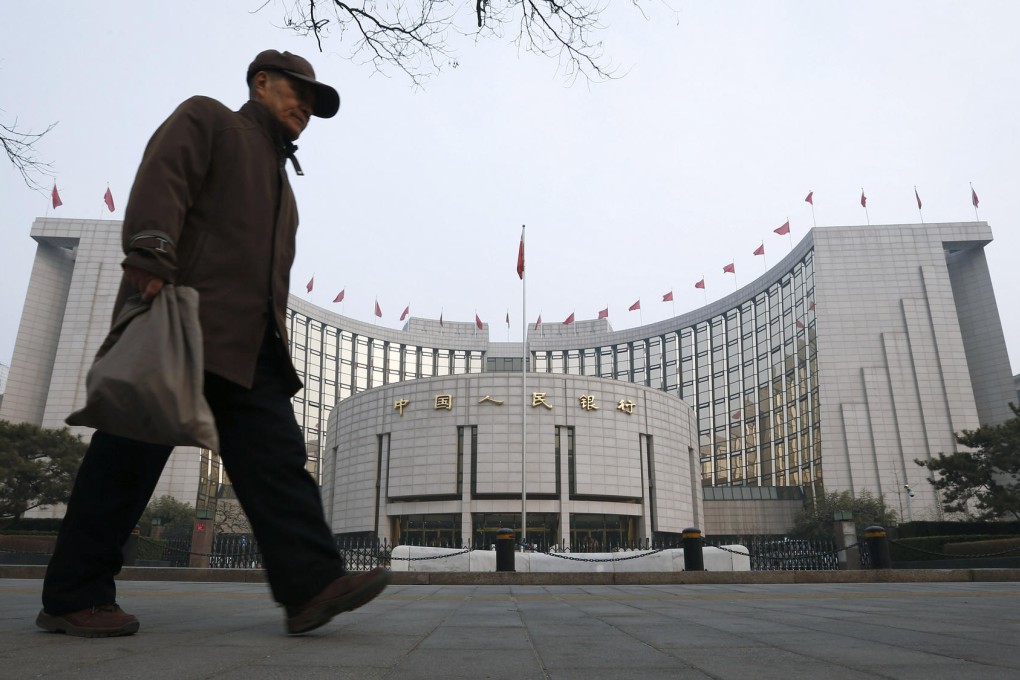China's interest rate liberalisation may fall short without SOE reform
Until Beijing overhauls its monopolistic state-owned enterprises, central bank efforts at interest rate liberalisation may fall short, warn analysts

For a decade, the central government's annual work reports have paid lip service to deepening reforms of the mainland's interest rate system and its state-owned industries.
This month, People's Bank of China governor Zhou Xiaochuan finally gave a timetable for wrapping up interest rate liberalisation, saying he aimed to get the job done within one or two years.
However, even the most veteran of China watchers cannot say when Beijing will embark on a major overhaul of its monopolistic state-owned enterprises, or indeed whether that day will ever come.
And analysts caution that such reforms are linked to each other, with interest rate reform possibly depending as much on SOE reform as it does on the central bank.
"Simply speeding up interest rate liberalisation without being accompanied with other steps, the road to reform would be full of twists and turns," Citigroup economist Shen Minggao said.
